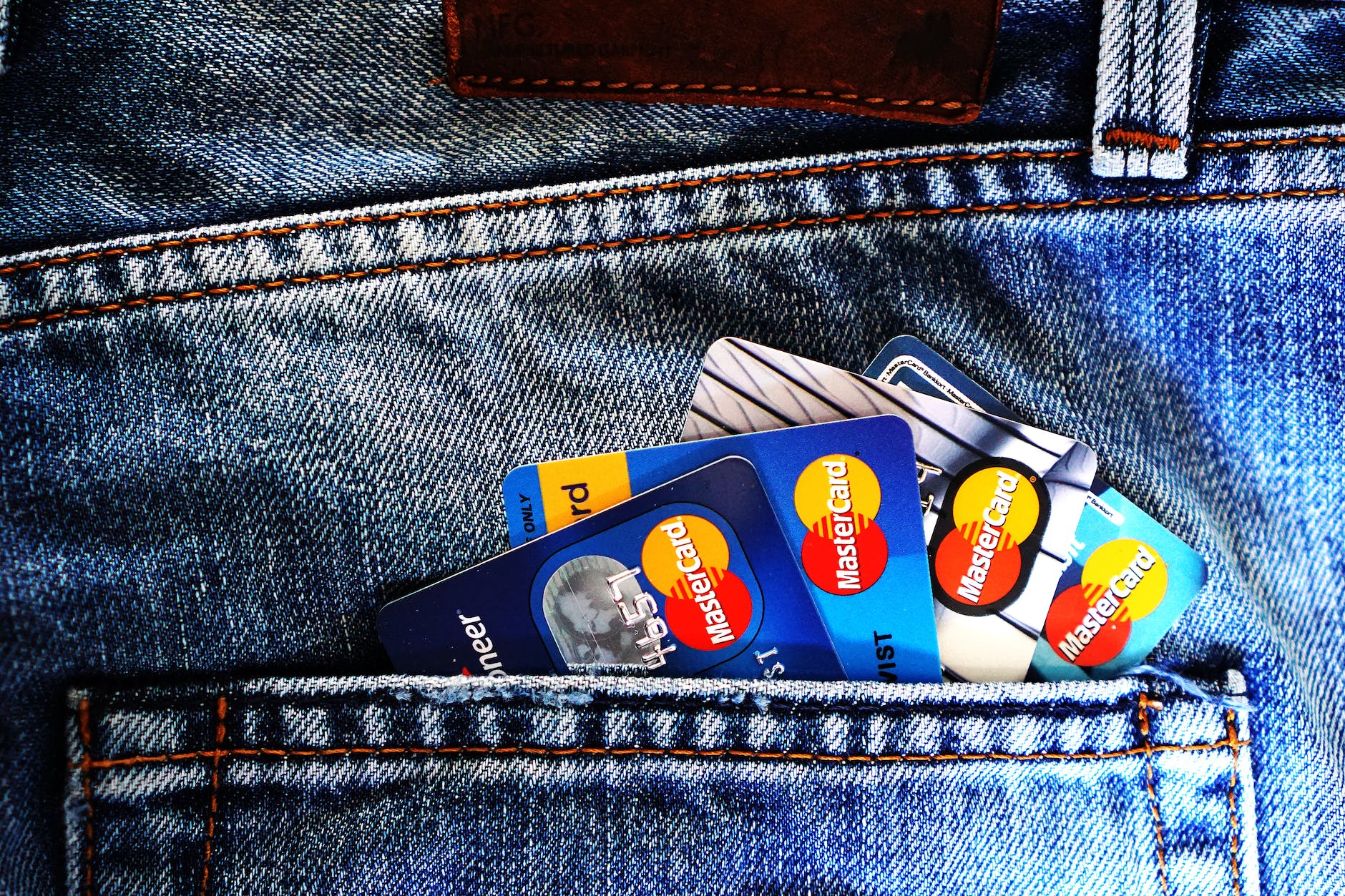Credit cards can be powerful financial tools when used wisely, but they can also lead to a mountain of debt if not managed carefully. As a seasoned finance expert with decades of experience, I have witnessed the impact of credit card debts on individuals and families. In this article, I will provide practical advice on how to avoid falling into the trap of credit card debts, empowering you to make informed financial decisions for a debt-free future.
1. Assess Your Financial Situation
Before acquiring a credit card, it is crucial to conduct an honest assessment of your financial situation. Evaluate your income, expenses, and existing debts. Determine whether you have sufficient funds to repay the credit card balance in full each month. Understanding your financial capacity will help you make responsible decisions about credit card usage.
2. Set a Realistic Budget
Creating a budget is an essential step in avoiding credit card debts. List all your monthly expenses, including necessities and discretionary spending. Allocate a portion of your income towards savings and emergency funds. Having a budget in place will prevent overspending and give you better control over your finances.
3. Choose the Right Credit Card
Not all credit cards are created equal. When selecting a credit card, opt for one that aligns with your financial goals and spending habits. Look for cards with low-interest rates, no annual fees, and rewards programs that suit your needs. Avoid credit cards with tempting but unnecessary features that may lead to impulse spending.
4. Pay Your Balance in Full and On Time
The most effective way to avoid credit card debts is to pay off your balance in full and on time each month. By doing so, you avoid accruing interest charges and late payment fees. Set up automatic payments or reminders to ensure you never miss a due date.
5. Limit Credit Card Usage
Resist the temptation to use your credit card for every purchase. Instead, use it for planned expenses that you can pay off immediately. Rely more on cash or debit cards for everyday transactions to keep your spending in check.
6. Be Mindful of Your Credit Limit
Credit cards come with a predetermined credit limit. It is essential to be mindful of this limit and avoid maxing out your card. Keeping your credit utilization ratio low will positively impact your credit score and financial well-being.
7. Avoid Cash Advances and Balance Transfers
Cash advances and balance transfers often come with high fees and interest rates. These options should be used sparingly and only when absolutely necessary to avoid accumulating additional debts.
8. Monitor Your Statements Regularly
Frequently review your credit card statements to track your spending and identify any discrepancies or unauthorized charges. Promptly report any issues to your credit card issuer to protect yourself from fraud.
9. Seek Professional Advice if Needed
If you find yourself struggling with credit card debts, don’t hesitate to seek professional advice from a financial advisor or credit counselor. They can offer personalized strategies to help you manage your debts and regain financial stability.
10. Cultivate Financial Discipline
Above all, cultivating financial discipline is the key to avoiding credit card debts. Be mindful of your spending habits, prioritize saving, and stay committed to your financial goals. With discipline and determination, you can achieve a debt-free and secure financial future.
Empowering Yourself for Financial Success
Avoiding credit card debts is a critical step towards achieving financial freedom and peace of mind. By following these expert tips and exercising responsible financial habits, you can steer clear of debt traps and pave the way for a brighter financial future. Remember, your financial well-being is in your hands, and with the right knowledge and approach, you can conquer any financial challenge that comes your way.



